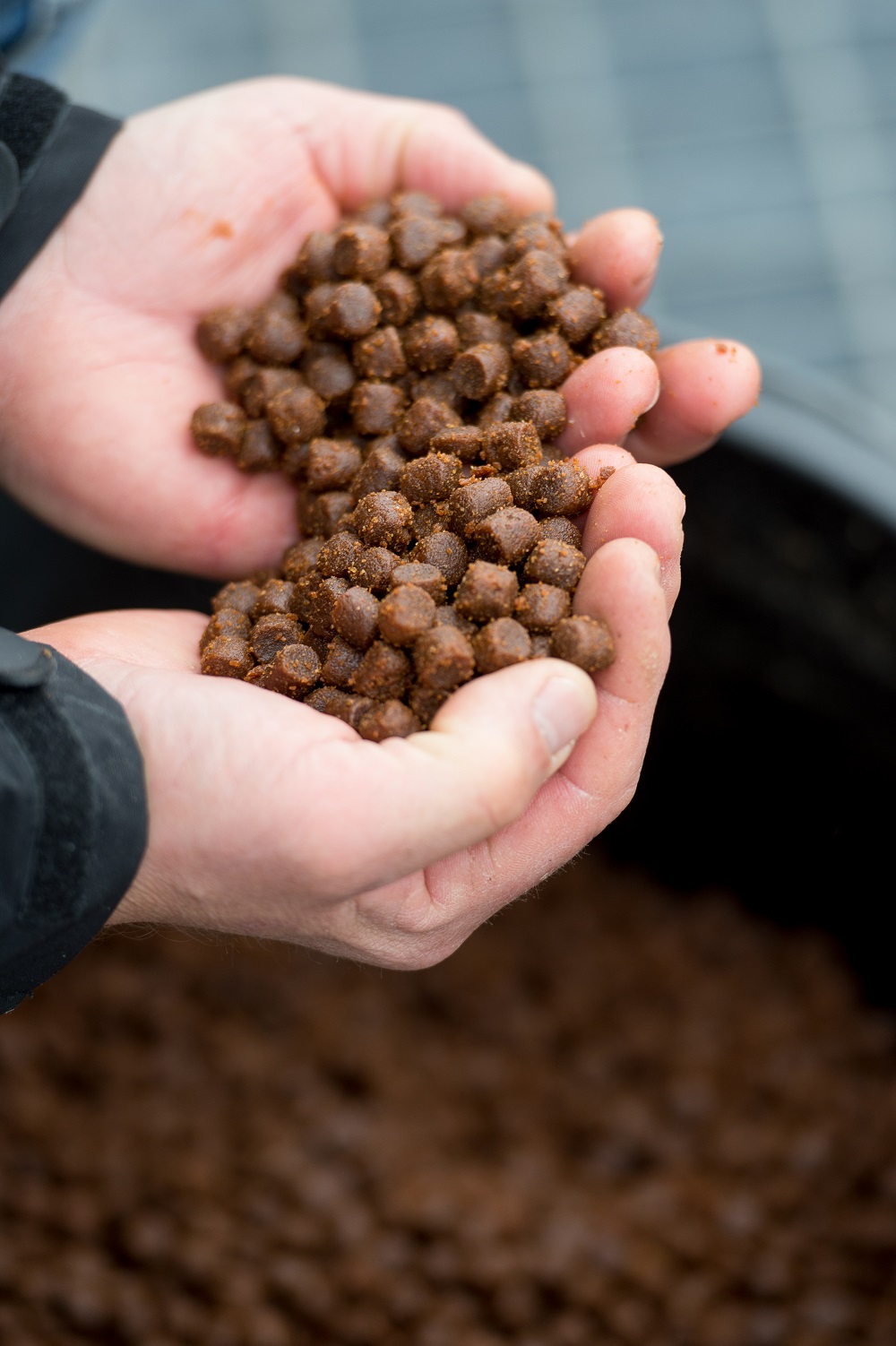
Feed Is The Key To Sustainable Seafood Production
Feed has the greatest leverage on delivering sustainable seafood production.
-
Feed has the greatest impact on delivering sustainable seafood production.
-
A sustainable supply chain includes novel ingredients like micro-algae and insect meal, as well as healthy fish.
-
The health and welfare of an animal can have a large environment impact, so it is important that feed choice supports animal health.
 Feed Is The Key To Sustainable Seafood Production
Feed Is The Key To Sustainable Seafood Production
A secure supply of sustainable seafood is key to meeting increasing global demand for protein – and consumers are increasingly basing their food choices on ‘health values’, which often go beyond personal health to concerns about animal welfare, antibiotic use and environmental impacts.
Many organizations see global aquaculture as an important way to help nourish the world. Done well, it has a low environmental footprint, develops a wide range of jobs and skills in rural communities and provides healthy food for consumers globally.
The aquaculture industry faces many challenges in different regions (for example, Norway versus Chile versus the United States) which means that many solutions will need to come together for long-term sustainability. But one element can significantly impact all aspects across sustainability initiatives: feed. Feed has the greatest leverage on delivering sustainable seafood production because of how many elements, from production to formulation to distribution, can be innovated.
Sustainable Supply Chains
Within the supply chain, there is competition for nutrients for food and feed. Can feed use raw materials that deliver good performance and sustainability at a competitive price?
Yes – the solution is to conserve marine resources and reduce dependency on certain raw materials, including fishmeal and fish oil. The focus needs to be on discovering and developing sustainable raw materials. Novel ingredients, such as micro-algae and insect meal, are seeing an increase in production and growth in the market. A mixture of fish- and plant-based raw materials provide essential proteins, oils, vitamins and minerals while conserving finite marine resources.
Animal Health and Welfare
Disease is the greatest challenge to aquaculture. Farmers suffer significant losses from environmental challenges and pathogens. Choosing the right feed can increase sustainability by increasing animal health. For example, feed can minimize the need for antibiotics and limit application to only critical situations.
In addition, the implications of welfare on the animals’ performance are increasingly apparent, especially in salmon, where increased handling of fish in production has had a marked impact on fish growth, economic feed conversion ratio (eFCR) and health. Recently, feed companies have developed product to proactively and reactively address welfare challenges. For example, EWOS Dermic is designed to decrease stress from handling events and medical treatments, helping fish recover faster and requiring fewer resources to grow seafood healthily through harvesting.
Feed Producer Accountability
Because of feed’s ability to have such a substantial impact on sustainability, feed companies have a responsibility to show accountability and progress. The industry wants to be able to see real improvements on core sustainability issues. Setting goals, measuring and reporting on key issues and increasing business transparency are key. As one of the largest feed companies, Cargill Aqua Nutrition is committed to not only delivering solutions but also raising awareness. You can read the latest sustainability report here, and learn more about Cargill’s latest seafood sustainability initiative, SeaFurther, here.
Bringing next-generation flock-management capabilities to poultry producers with new, artificial intelligence (AI) driven service.
Leveraging more than a decade of research on the gut microbiome, Galleon accesses Cargill’s extensive research data to guide flock-management decisions.
From Partnership Comes Prosperity
A Vietnamese farmer partnered with Cargill to improve his farm – and ended up improving his family's well-being.